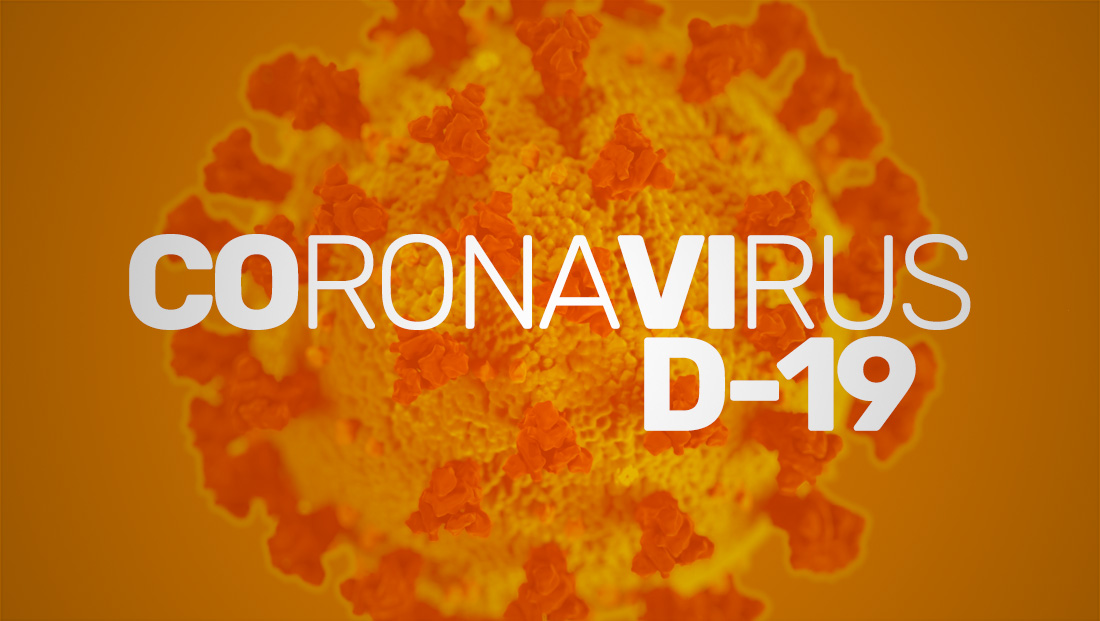Point of style: Is it a ‘COVID-19 vaccine’ or ‘coronavirus vaccine’?
By MixDex Article may include affiliate links

As vaccines to help in the fight of the coronavirus pandemic roll out nationwide, there’s an interesting distinction to be made between over how to refer to these life saving treatments.
The cards issued by the CDC call all of the currently available shots the “COVID-19” vaccination — and this is probably more correct than calling it the “coronavirus vaccine.”
First, it’s important to understand the difference between COVID-19 and coronavirus.
The term “coronavirus” is actually the name of a whole family of viruses that’s become genericized in many people’s minds over the past year — and not just the one causing the current pandemic.
Technically the virus affecting our world today is labeled by scientists as SARS‑CoV‑2, which is short for severe acute respiratory syndrome coronavirus 2.
However, due to potential confusion between existing SARS illnesses SARS-CoV or SARS-CoV-1, both of which are caused by different coronaviruses, that name never caught on.
Many people also use “SARS” to refer to either illnesses interchangeably or, in some cases, even illnesses with similar symptoms but caused by other viruses.
COVID-19, which itself is short for “Coronavirus disease 2019,” with 2019 following traditional medical nomenclature of using the year it was identified, is the actual illness that is caused by the coronavirus SARS-CoV-2 (on a related note, referring to simply “COVID” without the number could cause issues down the road if other coronavirus diseases are identified in the future).
So, back to the vaccine name.
In many ways, referring to the vaccine as a “coronavirus vaccine” is a bit misleading because, first, it doesn’t specify which illness the vaccine actually is designed to help prevent (in fact, the current vaccines for COVID-19 won’t work on all types of coronaviruses according to public health officials).
It’s also worth noting that no vaccine acts like some kind of invisible shield around your body preventing a certain virus or bacteria from coming near you or entering your body, another reason to refer to the vaccine with the name of the disease it is designed to prevent.
What vaccines do is help your body know what types of antibodies and other defenses to start up if the foreign pathogen is detected.
Germs of all types enter our bodies every day and, unless you’re having a full battery of tests for a wide spectrum of pathogens done daily, you likely will never even know.
In cases where you are vaccinated against a virus or bacteria but still have it enter your system, you may develop mild symptoms as your body attempts to fight off the invading pathogens, but often people never even realize what, specifically, caused the usually brief and mild illness, often writing it off as a “common cold,” “a 24 hour bug” or just being tired or run down.
In fact, with the introduction of the COVID-19 vaccine, manufacturers have emphasized this point even more to the public — saying that it may not prevent you from contracting SARS-CoV-2 or developing COVID-19, but it will decrease the likelihood of getting major symptoms, falling fully ill, having long term complications that so called “long haulers” often get and, most importantly, dying.
Vaccines are also not a “magic pill” that just prevent anything bad from happening to your body. Some are more effective than others — and this often is highly dependent on a variety of factors, including the biological structure of the pathogen, the health of the patient and viral load counts.
Reduced community spread is also a key factor in how effective a vaccine can ultimately be in general — since it can help reduce mutations of the germs in question that vaccines already administered may not be effective against and cut down on your potential exposure (or multiple exposures) to the given bug in everyday life.
While there’s likely little harm in using the term “coronavirus vaccine” and most people will still know what you’re referring to, for the sake of portraying science accurately, “COVID-19 vaccine” is likely preferable.
Popular Searches
- TV Industry News
- Broadcast Engineering News
- Broadcast Design News
- TV Talk Shows
- TV Syndication
- TV Advertising
- TV News Jobs
- TV Industry Mergers and Acquisitions
- TV Anchors
- Cable News
- Late Night TV
- TV Syndication News
- Broadcast Industry News
- TV News Drone Journalism
- TV News Augmented Reality
- TV Weather Forecasting
- TV News Journalism
- TV News Ethics
- OTT News
- News About NBC
- News About CBS
- News About ABC
- News About CNN
- News About MSNBC
- News About Fox News

